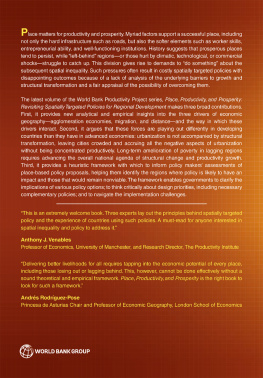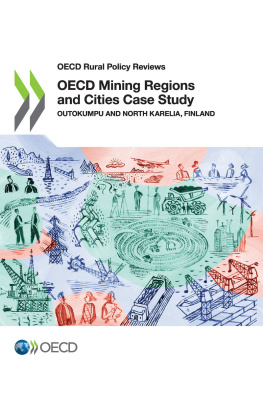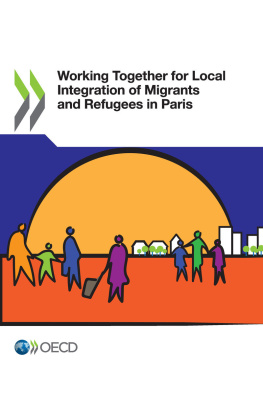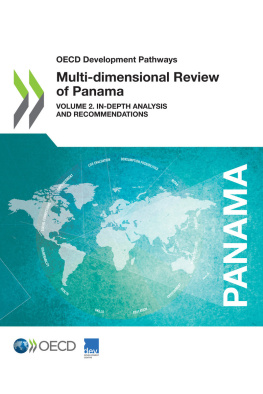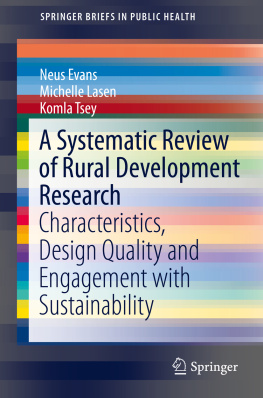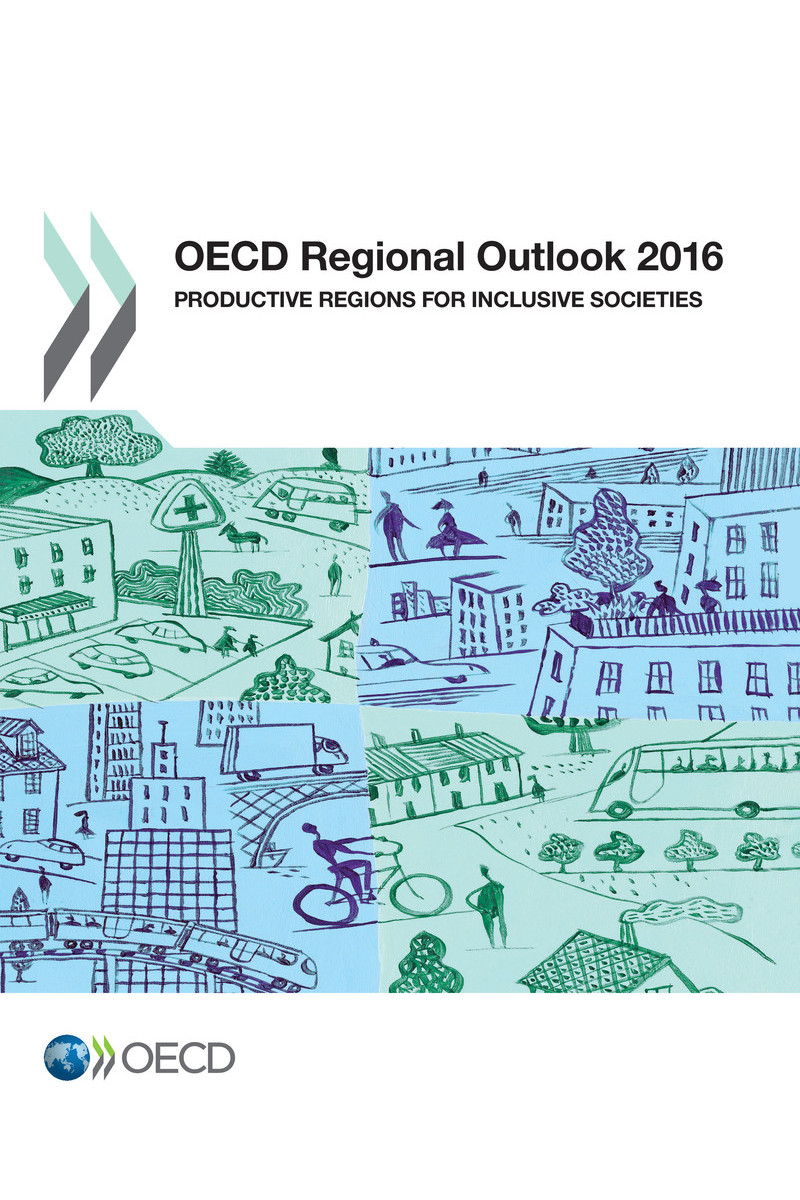Nous exprimentons ce nouveau format pour nos publications. En effet, mme si lePub est formidable pour des livres composs de texte linaire, le lecteur peut tre confront quelques dysfonctionnements avec les publications comportant des tableaux et des graphiques tout dpend du type de support de lecture que vous utilisez.
Comme ce format est encore en version bta, nous aimerions recevoir vos impressions et remarques sur votre exprience de lecture, bonne ou autre, pour que nous puissions lamliorer lavenir. Dans votre message, merci de bien vouloir nous indiquer prcisment quel appareil et quel systme dexploitation vous avez utilis ainsi que le titre de la publication concerne. Vous pouvez adresser vos remarques ladresse suivante :
OECD e-PUB editions - BETA VERSION
Congratulations and thank-you for downloading one of our brand-new ePub-in-beta editions.
We're experimenting with this new format and, while ePub is fantastic for books with linear text, for books with charts, tables and graphs weve found some things may not work perfectly it depends on the device youre using.
So, for an optimal reading experience, we recommend:
- Using the latest version of your devices operating system.
- Reading in portrait mode.
- If large tables are tricky to read, try reducing the text size.
As this is an ePub-in-beta edition, we would be glad to receive feedback on your reading experience, good or otherwise, so we can improve for the future. When writing, please let us know which device/operating system you were using and the title of the publication. Write to:
Thank you!
OECD Regional Outlook 2016 Productive Regions for Inclusive Societies
Please cite this publication as:
OECD (2016), OECD Regional Outlook 2016: Productive Regions for Inclusive Societies, OECD Publishing, Paris, http://dx.doi.org/10.1787/9789264260245-en.
Metadata, Legal and Rights
ISBN: 978-92-64-26029-0 (epub) - 978-92-64-26137-2 (print) - 978-92-64-26024-5 (pdf)
DOI: http://dx.doi.org/10.1787/9789264260245-en
This work is published under the responsibility of the Secretary-General of the OECD. The opinions expressed and arguments employed herein do not necessarily reflect the official views of OECD member countries.
This document and any map included herein are without prejudice to the status of or sovereignty over any territory, to the delimitation of international frontiers and boundaries and to the name of any territory, city or area.
The statistical data for Israel are supplied by and under the responsibility of the relevant Israeli authorities. The use of such data by the OECD is without prejudice to the status of the Golan Heights, East Jerusalem and Israeli settlements in the West Bank under the terms of international law.
Photo credits: Cover Jeffrey Fisher.
Corrigenda to OECD publications may be found on line at: www.oecd.org/about/publishing/corrigenda.htm.
OECD 2016
You can copy, download or print OECD content for your own use, and you can include excerpts from OECD publications, databases and multimedia products in your own documents, presentations, blogs, websites and teaching materials, provided that suitable acknowledgement of OECD as source and copyright owner is given. All requests for public or commercial use and translation rights should be submitted to .
Foreword
T his third edition of the Regional Outlook continues to emphasise the untapped growth, productivity and well-being potential associated with cities and regions. The first edition of the Regional Outlook in 2011 identified at least two major trends requiring a better integration of the subnational perspective in OECD policy agendas. One trend was the persistent low productivity growth in most OECD countries. To tap into broader sources of productivity gains, the Regional Outlook 2011 was advocating a more integrated strategy, consolidating economy-wide structural policies by complementing them with place-based policies. A second trend is the observed disconnect between the quest for productivity on one side, and individual well-being on the other, that has generated the need to consider the three pillars of efficiency, equity and environmental sustainability. Subsequently, the Regional Outlook 2014 reckoned that well-being is intrinsically local and needs to be constructed by aligning policies from the top to the relevant scale: the places where people live and work.
Five years after the first edition of the Regional Outlook, productivity growth remains low. At the same time, inter-personal income inequalities are at their highest levels for decades. Moreover, demographic trends in OECD countries will make these questions even more salient. With an ageing population and a higher dependency ratio, productivity advances will become more critical to maintain material and non-material aspects of well-being in all OECD regions. Some regions may face more acute demographic challenges due not only to longer lifespans, but also lower fertility and outmigration. The only way to address these trends is to start planning for demographic impacts today to create a sustainable tomorrow. Furthermore, concerns among younger generations of not having the same opportunities as their parents and distrust in governments capacities to address these challenges raise the tough question: what can policy do?
This report contributes to the critical agendas of OECD countries to achieve more inclusive growth in urban and rural areas. The report sheds light on some of the place-based drivers of productivity growth. Productivity growth is important for well-being as it has a significant impact on income and jobs, as well as non-material dimensions, such as health. The place-based elements of well-being can create virtuous or vicious cycles depending on where one lives, which has repercussions for access to services today as well as inter-generational mobility tomorrow. Stagnating productivity growth and its consequences for well-being contribute to social and political polarisation. Regions and cities are the spaces where the dynamics between productivity and inclusion are felt. Conception of national policies therefore needs to consider the impact on different types of places, and the firms and people located there. While the majority of OECD residents live in cities, rural areas also can, and do, contribute in many ways to national prosperity.
Within and beyond the OECD, localising the recently adopted global agendas is essential to their success, which can be informed by regional, urban and rural development policy approaches. The 2030 Agenda for Sustainable Development sets 17 Sustainable Development Goals and 169 targets for developed and developing countries alike. The Paris Agreement at COP21 tasks countries to design plans that keep global temperature increases below 2 degrees Celsius. Furthermore, Habitat III will help the world re-think urbanisation processes and the policies that shape and react to them. of this Outlook adds to these global discussions by highlighting the fundamental role of regions and cities, as well as the way national policies influence them, as spaces and actors that contribute to all of these agendas.








